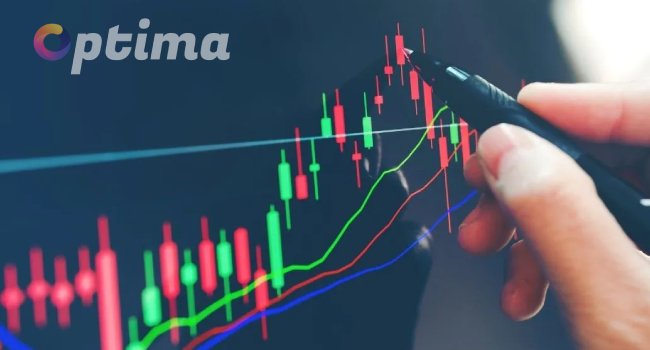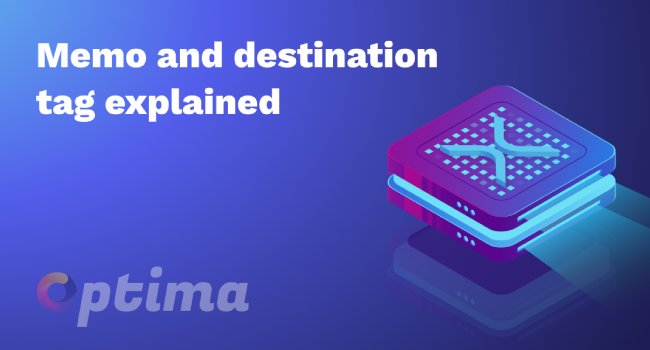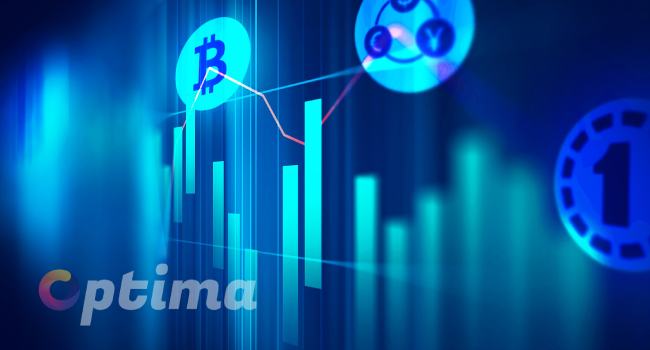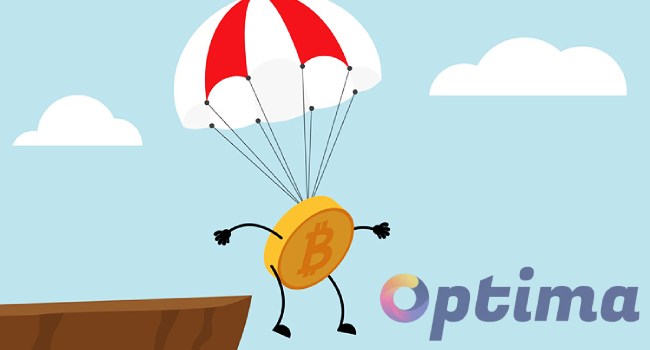Bitcoin is the first and most popular cryptocurrency in the world today. It was developed by a person or a group of people named Satoshi Nakamoto. It is not known for certain when the development of Bitcoin cryptocurrency began. Bitcoin creator Nakamoto worked on the project until 2008, and in 2009, the cryptocurrency Bitcoin, presented in the form of a virtual coin, was officially launched.
Bitcoin is an open-source payment tool, which has such a parameter as decentralization. In addition, transactions in the Bitcoin network entitle participants to absolute anonymity. All account and transaction data is recorded in a blockchain, the system’s ledger made up of blocks. Each block has its own cryptographic code, which cannot be changed or tampered with.
What is the basic essence of Bitcoin?
The purpose of cryptocurrency is to become the ideal means of payment for every inhabitant of the planet because the true purpose of money is its use exclusively as a means of payment. A Bitcoin transaction is essentially the transfer of value from hand to hand, bypassing any manifestation of intermediation. It turns out that the ideal currency, according to the Bitcoin philosophy, should have the following traits:
- Decentralized;
- Security;
- Anonymity;
- Limited issuance
The Bitcoin network is not controlled by anyone and does not belong to any state, so the cryptocurrency is exempt from taxes. All attempts to regulate cryptocurrency so far do not have much variety – on the territory of a country (USA, Japan) it can be used, while in other territories it is illegal (Bolivia, Thailand). In some countries there is an intermediate solution, for example, in Iceland, you can not buy Bitcoin and other cryptocurrencies, but, at the same time, you can engage in mining.
Bitcoin is not supported by a single center (a powerful main server), but by millions of miners around the world. To disrupt a centralized online payment service would require tampering with the main repository of information. For example, Liberty Reserve, a well-known payment system in the past, was shut down by U.S. authorities, and its users simply lost their money.
In the case of bitcoin, this is impossible, because the repository of information is blockchain, the property of the World Wide Web. Therefore, hacking or shutting down the Bitcoin network is as real as the simultaneous hacking of all computers on the planet or a worldwide internet blackout.
No verification is required to use Bitcoin cryptocurrency, it is enough to have a wallet address and to remember the phrase. Bitcoin is supported by a huge number of online services, where you can register and create a wallet. Most exchange sites now require personal identification, but there are still services that do not require verification, such as cryptex.net, whose goal is to make customers safe and anonymous.
There are several ways to cash out Bitcoin:
Exchanges;
-Private parties;
-Exchangers.
Withdrawal of funds through the exchange The necessary operation can be done through the platform, where to sell bitcoins for cash, then withdraw it to a bank card and cash it out. To do this, you must:
-Register on the platform;
-Go to the bitcoin wallet;
-Click “Send”;
-Specify the amount of cryptocurrency to sell, the address of the exchange, and confirm the sending;
-wait for bitcoins to enter the exchange;
-Enter “Trades” on the exchange site;
-Select a currency pair;
-specify the number of bitcoins to be sold, the value of one coin;
-wait for the buyer.
As soon as the sale happens, you can transfer money to your bank card in the “Finance” section. Selling cryptocurrency to individuals The exchange is not the only way to get fiat currency from BTC. Cash for cryptocurrency can be obtained through personal contact with individuals. Contacts willing to buy bitcoins can be found by visiting various cryptocurrency forums or exchange chat rooms. It is worth noting that using this method, you should be very careful because there are a lot of scammers in the internet. Exchange of cryptocurrency in special points If a person does not want to contact exchange, wait until his digital money is bought, the quite accessible method is exchange points. however, here there is a problem of choice because each exchanger offers different terms of cooperation.
And in this case, the consumer has a choice:
-Search the point independently on the Internet, for this you need to go to the site of each, study the
conditions, compare with others;
-Use the services of countering sites, on which monitoring of online exchange points will take a little
time.
The second way of finding a suitable exchanger is more advantageous compared to the first. Data on the exchange sites are presented in the form of a table – by selecting an exchange pair, the user can see at a glance the exchangers engaged in the transaction, the rates offered, and how much money he gives and receives. It is not difficult to determine which exchanger one should prefer. Another advantage of monitoring portals is that withdrawal of Bitcoins for cash will be profitable and safe.
Only reliable exchangers offer their services on monitoring sites. In this case, going to them from the monitoring portal, the consumer often receives more favorable conditions than in the independent search. To get to the site of the optimal exchanger, it is necessary to click on it. Then you will need to fill in a number of data:
-The amount you are giving away;
-Bitcoin address;
-E-mail address, name, and surname;
-Passport information, phone number;
-After checking the correctness of the information, confirm the exchange.
By going to “Contacts”, the person can get more information about the transaction.
Conclusion
Finally, limited issuance is designed to emphasize the value of the cryptocurrency. Bitcoin has 21 million coins, so as soon as the last coin is mined, new ones will stop being issued. Traditional currencies used to be backed by gold reserves, but modern central banks simply print banknotes in unlimited quantities. That is why Bitcoin is considered a reserve currency in the world of cryptocurrencies and is referred to as digital gold.









